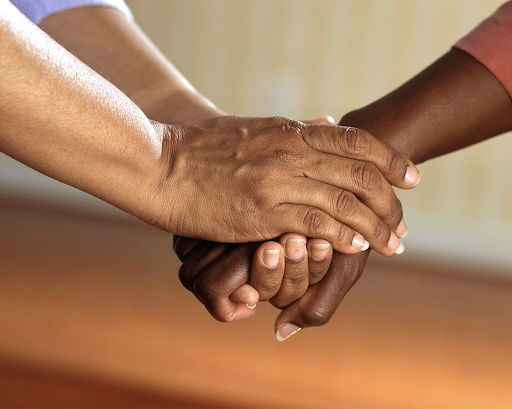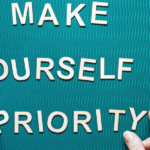
Image Credit: Pexels
In the aftermath of a traumatic event, survivors often struggle to rebuild their lives and return to their daily routines. The Department of Veteran Affairs reports that 6% of the population will develop post-traumatic stress disorder after a traumatic event beyond a person’s control. These events can range from personal injuries to mass violence and natural disasters.
One unique way to support survivors is to advocate for them. As a survivor advocate, you will become a critical part of the healing process. Maryville University points out that an advocate’s role is to help facilitate coping and healing by fostering trust with the survivor. To succeed in this task, an advocate must be able to connect with people across various backgrounds and convey a survivor’s needs clearly and unambiguously. Ultimately, the goal of an advocate is to provide solace to people who have experienced a debilitating event in their lives. Today, we’ll discuss three reasons why advocating for survivors helps them heal:
1. Advocates amplify survivors' voices
Tragic events like mass shootings and natural disasters require the attention of first responders. But what happens after the immediate responses of law enforcement and paramedics?
The importance of being a survivor advocate is often overlooked in the aftermath of these tragic events. For one, survivors of mass violence or natural disasters are often overwhelmed with the aftershocks of their experience, but they are also often silenced by their trauma. They need someone who can ensure decision-makers hear their voices in government agencies, corporations, and nonprofits regarding matters that can affect their future.
2. Advocates help survivors take immediate action
A recent feature by CNBC discussed a phenomenon called “collective grief”—a community-level response to tragic events like deaths from mass violence and disasters. Experts say that this kind of grief is rewiring survivors’ brains, impairing their ability to reason and make reliable decisions on a large scale. When confronted with this reality, it is easy to feel hopeless and find difficulty in navigating their way through the situation.
Advocates can provide survivors with hope as they make their way toward recovery. They can also help them understand what services are available and ensure they are adequately cared for by authorities. They work with survivors in many different ways: from helping them find a place to live after an evacuation to assisting them in filing claims with insurance companies. They may also assist families struggling to access basic needs like food and water during difficult times.
3. Advocates create safe spaces for survivors
An integral part of healing from trauma is being able to talk about what happened — but many people find it challenging to do so when surrounded by people who haven’t experienced similar situations themselves. To this end, survivor advocates often receive training to help navigate the aftermath of these events through counseling and emotional support.
Our blog post entitled “How Art Heals Emotional Pain” outlined how activities like painting or poetry writing can be powerful intervention tools for survivors. Advocates know how to harness the potential of these activities to help survivors process their pain and grief. They are the ones who create safe spaces for those affected by trauma and make sure survivors feel safe and supported as they embark on personal journeys toward healing.
The importance of being an advocate for survivors cannot be overstated. In the wake of a traumatic event, survivors are often left to fend for themselves. As these types of crises become more common, there will be an ever-growing need for trained advocates to assist survivors in getting the support they deserve.
Written by: Janet Baulig
Article for: https://starsofhopeusa.org




